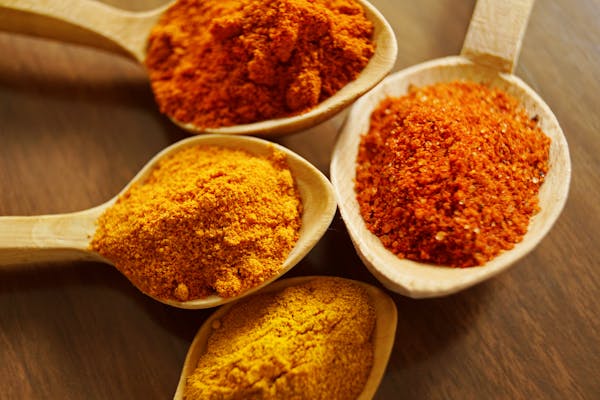Mokshada Ekadashi
Mokshada Ekadashi
Did you know that today is Mokshada Ekadashi, the day when Lord Krishna gave the holy sermon of the Bhagavad Gita to the Pandava prince Arjuna, as described in the Mahabharata?
Mokshada Ekadashi in Hindu religious parlance, the eleventh day or thithi of the dark half of the fortnight of the waxing moon in the Hindu calendar month of Margashirsha (Agrahayana) corresponding to the Gregorian calendar months to November–December, is a holy day to Hindus, particularly Vaishnavas, when they keep fast for a 24-hour period from that day's sunrise to the next day's sunrise of Dwadasi day, in honour of Lord Krishna, an eigth avatar or incarnation of Universal god Vishnu, also called Anantha. It is a belief among Hindus that Lord Krishna delivered the holy sermon of the Bhagavad Gita ( simply 'Gita'), the 700- verse Hindu scripture, on the first day of the Mahabharata war to the Pandava prince Arjuna, as described in the epic Mahabharata, at Kuruskhetra the venue of the 18 days Mahabharata war; Gita deals with a variety of Hindu philosophical ideas. This day is also known as Gita Jayanathi. In particular, in the famous Guruvayur temple in Kerala dedicated to Lord Krishna this ekadasshi is celebrated with great fervour and devotion, and is called Guruvayur Ekadashi; this temple is open on this day for Nirmalya Darshan ( the purest of pure darshan) at 3 a.m and is closed at 9.00 am on Dwadasi (12th day) offerings of a token amount called Dwadasi Panam. The basic tenet of observing this ekadashi day is to get liberation from sins, and to achieve moksha (salvation) after death.
Ekadashi, timed according to the position of the moon, is the eleventh lunar day (tithi) of each of the two lunar phases that occurs in a Vedic calendar month- the Shukla Paksha (the period of the brightening moon also known as the waxing phase with Moon roughly 3/4 full) and the Krishna Paksha (the period of the fading moon also known as the waning phase with about 3/4 dark Moon). There are usually 24 Ekadashis in a calendar year. Occasionally, there are two extra Ekadashis that happen in a leap year (adhika masa). The holy scriptures - Bhagavata Purana and the Padma Purana - narrate the legend and benefits of observing all the ekadashis. Of these 24 Ekadashis, the Mokshada Ekadashi is one of the holiest ones.
The legend that supports the observance of Moskhada Ekadashi relates to the deity Krishna who narrates to King Yudhishrita that fasting and worship on this day destroys all one's sins, and particualrly assists one's deceased anacestors. Krishna narrates that King Viakhanasa of yore, dreamed that his father was in the realm of hell. He sought the advice of Parva Muni, a legendary sage of Vaishnava literature , who was known for his ability to fly through sipritual relams and had knowledge of past and furture. The sage had discovered that the king's father had committed some sins that led to his being sent to hell. He then advised the King to observe fast on Mokshada Exkadasi, which soon led to his father's release from hell.
In keeping with the above legend, devout Hindus observe fast completely on this ekadashi day and also worship the avatar Krishna. Others unable to reach that austere level will do a partial fast. They will consume only vegetarian items while avoiding food made with beans, pulses and grains, and totaly avoid use of onions or garlic in the food preparations. On the next day of Dwadashi (12th thithi of Hindu calendar) the Vaishnava devouts, in the early morning hours, worship Vishnu or Ananta who is the emboidemnt of the universe, with all the Upacharas. The devout brahmin then feeds the Brahmanas. He bids farewell to them by giving tha dakshina (donation, fees or honorarium). He then takes food along with his kinsmen . By performing this Vrata (pious observances) he enjoys all the desrired worldy pleasure. It is also said that the devout Brahmin uplifts ten generations of his ancestors and ten generations of successors and finally realises the god Vishnu or Hari.
This Mokshada Ekadashi is also compared with the chintamani, the gem that yields all desires. Special merit is said to be achieved by the vrata, by which one can elevate someone from hell to heaven, or attain salvation himself.
- Narasipur Char





















No comments:
Post a Comment